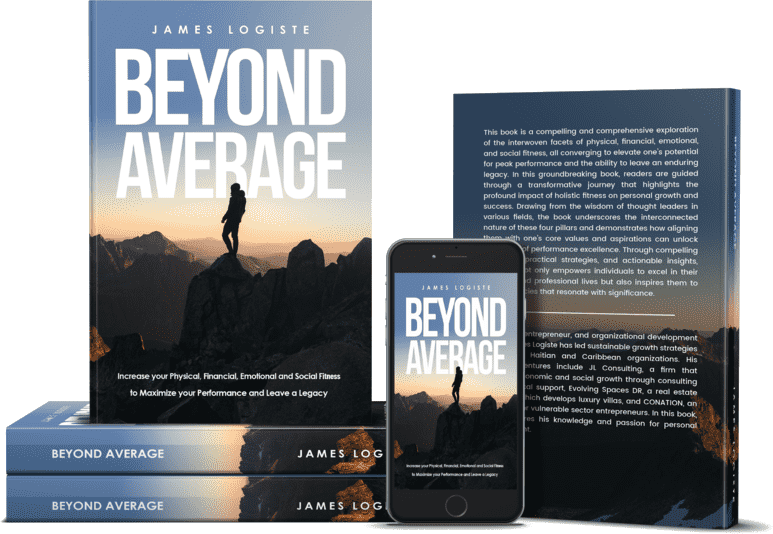Introduction
When embarking on a functional fitness journey, nutrition plays a pivotal role in achieving optimal performance and recovery. A well-balanced diet not only fuels your workouts but also aids in muscle repair, enhances energy levels, and supports overall health. This article will explore key nutritional guidelines, macronutrient balance, the significance of hydration, and provide practical meal planning tips and recipes to support your functional fitness goals.
Understanding Macronutrients
- Proteins: Essential for muscle repair and growth.
- Sources: Lean meats, fish, eggs, dairy products, legumes, and plant-based proteins like tofu.
- Suggested Intake: Approximately 1.2 to 2.0 grams of protein per kilogram of body weight, especially after workouts for muscle recovery.
- Carbohydrates: Your body’s primary energy source.
- Sources: Whole grains, fruits, vegetables, and legumes.
- Suggested Intake: Around 45-65% of your total daily calories, focusing on complex carbs for sustained energy.
- Fats: Important for hormone production and nutrient absorption.
- Sources: Nuts, seeds, avocados, olive oil, and fatty fish.
- Suggested Intake: Approximately 20-35% of total daily calories, with an emphasis on unsaturated fats.
Hydration: The Cornerstone of Fitness
- Staying hydrated is crucial for optimal physical performance.
- Water regulates body temperature, lubricates joints, and helps transport nutrients.
- Aim to drink at least 8-10 glasses of water daily, more if you are actively training.
Meal Planning Tips
- Pre-Workout Nutrition: Focus on easily digestible carbs and moderate protein about 1-2 hours before exercising. Example: A banana with a small serving of almond butter.
- Post-Workout Recovery: Consume a mix of carbs and protein within 30 minutes after training to replenish energy stores and aid muscle recovery. Example: A protein shake with a piece of fruit.
- Balanced Meals: Include a variety of foods in your meals to ensure a balanced intake of all macronutrients and micronutrients.
Easy, Nutritious Recipes for Functional Fitness
- Overnight Oats for Breakfast
- Mix rolled oats with Greek yogurt, chia seeds, and almond milk. Leave overnight in the fridge. Top with fresh berries and a drizzle of honey before serving.
- Grilled Chicken and Quinoa Salad for Lunch
- Grill seasoned chicken breast. Serve over a bed of quinoa, mixed greens, cherry tomatoes, cucumber, and avocado. Dress with olive oil and lemon juice.
- Salmon and Sweet Potato for Dinner
- Bake a salmon fillet with herbs and lemon. Serve with a baked sweet potato and steamed broccoli.
- Snacks
- Options like Greek yogurt with nuts, carrot sticks with hummus, or a small handful of trail mix are excellent for keeping energy levels up between meals.
Conclusion
Adequate nutrition is a fundamental part of any functional fitness regimen. By focusing on balanced macronutrient intake, staying hydrated, and planning your meals and snacks wisely, you can significantly enhance your performance, recovery, and overall health. Remember, individual needs can vary, so it’s beneficial to tailor these guidelines to your specific fitness goals and lifestyle.
